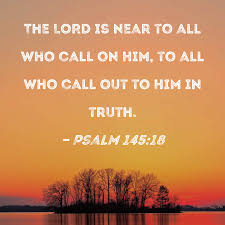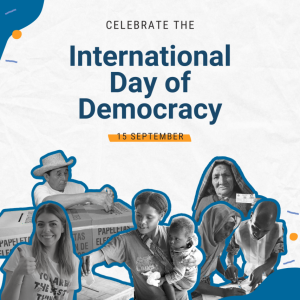 “Pharmacy strengthening health systems” is the theme of World Pharmacists Day in 2023
“Pharmacy strengthening health systems” is the theme of World Pharmacists Day in 2023
At a time when health systems around the world are recovering from the COVID-19 crisis and general consensus is that urgent action is needed for health services to meet future needs, this year’s World Pharmacists Day campaign presents opportunities to increase awareness of pharmacists as an intelligent solution.
COVID-19 has presented undeniable evidence of the capabilities of the pharmacy profession to support health systems. According to FIP member organisation the American Pharmacists Association, for example, during the pandemic pharmacy teams in the USA provided over 350 million clinical interventions in the form of COVID testing, vaccination, treatment and in-patient care.
Many international agencies and think tanks define a well-functioning health system as having: an accessible and reliable supply of medicines and technologies; trained and motivated healthcare workers; good infrastructure (including improved governance); evidence-based policies; strong plans; and adequate funding.
| Beyond doubt, pharmacy is essential for access to health, a safe supply chan and the responsible use of medicines. FIP supports the profession in these key roles, but is also working to transform practice, science, education and workforce with the FIP Development Goals and aligned resources, supporting national organisations with global policy statements and calling on governments to increase funding for health and improve environments for healthcare professionals.
FIP’s mission is to support global health by enabling the advancement of pharmaceutical practice, sciences and education. Let’s take community pharmacy as an example. This sector of the profession strengthens healthcare through providing advice, information and education, triage, screening/testing and referral, administering vaccinations, prescribing and reducing polymedication, and follow up. However, there is a wide range of other needs that can be met by community pharmacists, which would relieve pressure on and save time for other areas of the health system. As the experts on medicines, more pharmacists could be allowed to prescribe and initiate medication. Pharmacists also have the skills to take on the management of patients with long-term conditions such as diabetes. Advances and progress in all countries and territories are needed if we are to achieve universal health coverage.
Source: Text & Image: https://www.fip.org/world-pharmacists-day |

 On World Dream Day, people all over the world are inspired to take action for their dreams. This day is a powerful reminder that we all have the ability to make positive change in our lives and in the world. By coming together and declaring our dreams, we create a force of positive change that can empower us all to achieve our highest potential.
On World Dream Day, people all over the world are inspired to take action for their dreams. This day is a powerful reminder that we all have the ability to make positive change in our lives and in the world. By coming together and declaring our dreams, we create a force of positive change that can empower us all to achieve our highest potential.
 “Seek the Lord while he may be found, call upon him while he is near” (1st reading).
“Seek the Lord while he may be found, call upon him while he is near” (1st reading).

 On that day volunteers and partners worldwide will come together again to rid our planet of trash –
On that day volunteers and partners worldwide will come together again to rid our planet of trash –  May the Spirit of forgiveness lead us on this way,
May the Spirit of forgiveness lead us on this way, 2023 Theme: Empowering the next generation
2023 Theme: Empowering the next generation
 However, this Sunday, the Responsorial Psalm (Psalm 95:1-2,6-9) has been chosen.
However, this Sunday, the Responsorial Psalm (Psalm 95:1-2,6-9) has been chosen.